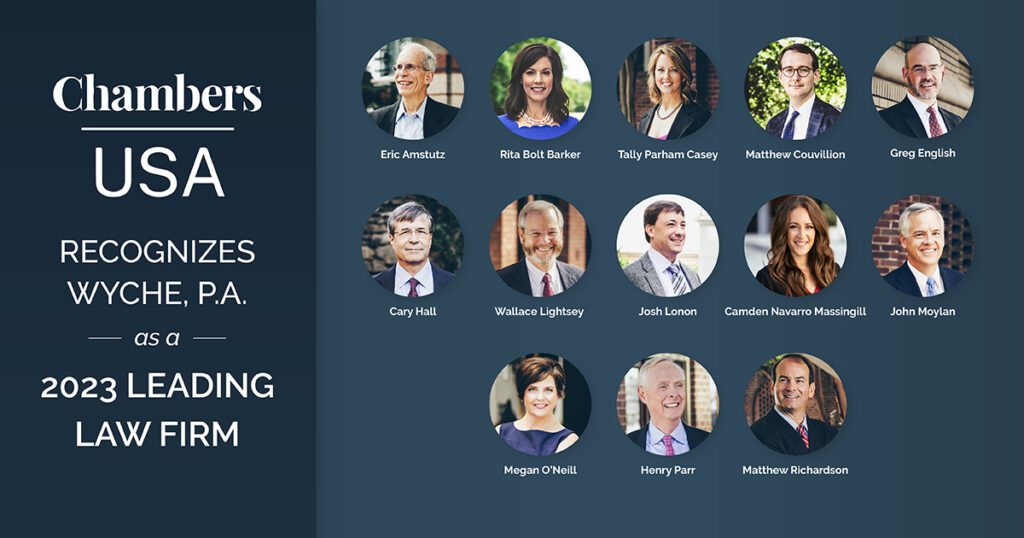Wyche Inside IP
By Wallace K. Lightsey
What to do about “patent trolls” – entities that own patents and threaten infringement lawsuits to obtain license fees, but which do not actually make products using the patents they own – has been the subject of a lot of talk and has prompted a flurry of federal legislation. In May of this year, however, legislation designed to fight abusive tactics by such “non-practicing entities” (or “NPE’s”) was put on the shelf despite support from the House and the Obama administration.
But perhaps the Big Billy Goat Gruff has now arrived at the bridge. During its last term, the U.S. Supreme Court unanimously decided five patent cases that could have a substantial impact on patent trolls.
Attorneys Fees. A big factor that has helped patent trolls is the “American Rule” in which, generally, each party pays its own legal fees regardless of who wins in court. If a patent troll offers to settle in return for payment of a license fee that is substantially less than the cost to litigate, it is tempting for many companies to roll over and just pay the settlement. Federal law allows a prevailing party to recover its attorneys’ fees in patent cases, but only if the court finds that the case is “exceptional.” In two cases, Octane Fitness v. Icon Health & Fitness and Highmark v. Allcare, the Supreme Court expanded the discretion of trial judges to award attorneys fees and made it more difficult to overturn such awards on appeal.
Indefiniteness. Broad and vague patent claims work to the advantage of trolls by increasing the uncertainty and cost of litigation. In Nautilus v. Biosig, the Supreme Court established a new standard to require greater specificity and certainty in the scope of a patent in order to enforce it against others.
Induced Infringement. Patent trolls typically go after every business that has been involved with an arguable infringement of their patent, in the hope of finding deep pockets that will pay more to settle the claim. In Limelight Networks v. Akamai Technologies, the Supreme Court overturned a decision of the Federal Circuit that had expanded the theory of induced infringement by allowing a patent owner to sue a party for induced infringement without proof of direct infringement by any single party. The Supreme Court made it clear that, for one party to be liable for inducing infringement, the patent owner must prove direct infringement by the party induced. This decision could have a significant impact in the context of patents that require more than one actor to carry out the claimed method or process, including applications directed toward mobile devices, internet technology, and medical methods.
Abstract Ideas. Business method patents that apply computers to well known techniques are commonly asserted by patent trolls because they facilitate claims of infringement against lots of people. For example, one NPE accused 16,000 small businesses of violating its patent by emailing scanned documents. In Alice Corp. v. CLS Bank, the Supreme Court made it easier to invalidate claims of patents covering computer-implemented inventions. Building on the established doctrine that abstract ideas are not patentable, the Court held that method patent claims that merely implement an abstract idea on a computer are ineligible to be patented.
As is often true with the Supreme Court, the cases summarized above still leave many questions open, and it is likely that Congress will continue to pursue legislation to combat patent trolls, but these recent decisions by the Court should have a significant impact in curbing some of the most abusive troll tactics.






